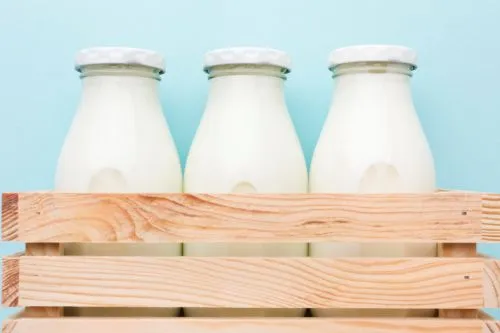
A statement of Mr. Ovidiu Dușleag, Vicepresident of the Romanian Meat Association, made more than a month ago, was saying more than an X-ray in detail: compared to the situation in 2008, in Romania the meat consumption has decreased by 25%. The situation este merely dramatic, first of all for the processors. For if the meat producing farmers managed to increase their export shipments, taking advantage also by the void left by Ukraine on the international markets, the meat products factories do not have other solution but the sale on the domestic market and, if possible, the export. But the market is collapsed. The purchasing power is low; more than that, summer has never proved too kind to steaks fans who, traditionally, postponed the gratification of their appetite for the arrival of the cold season and, particularly, for the similarly traditional winter holidays. Therefore, with respect to consumption, to a natural negative loop, during summertime also the shortage of money in the Romanian people’s pockets adds, shortage that keeps growing, year by year increasing the damages suffered by the companies in this sector. Speaking of the export of finished products, let’s be honest, it is so low compared to the international market and, particularly, the European Union market, that it almost does not count. At a closer look, neither the meat producers are doing as well as one might think. It’s true, out of the exports share, in the first quarter of 2014, 100 million euro are represented by the pork. In terms of production per se, in the first half year has only increased by 1,6%. The big and ugly surprise, however, comes from the poultry sector, where the decrease is more than 3%, which in itself constitutes an additional argument for the decreased consumption. As it is known, Romanian people prefer pork, but, during the recession years, they turned to poultry, because it is cheaper. Well, nor this one seems to be so accessible any longer! Anyway, for the farmers, prospects are not so bleak: pork will go pretty well to export, poultry as well, and export of sheep and goats will increase with the opening of the Turkish market and especially of those in Egypt, Morocco and Tunisia, as ANSVSA (the Sanitary-Veterinary and Food Safety National Authority) and MARD (the Ministry of Agriculture and Rural Development) happily insist. There remain the processors who will be obliged to face all the difficulties: a huge VAT, pole tax, excise duty on diesel fuel (which affect the distribution and, consequently, the shelf price), the ”traditional” conditions of the hypermarkets, population’s widespread poverty, etc. All these shortcomings have contributed to one more negative thing. Thus, if after the first quarter we were happy that the international balance of trade with food products was surplus, after six months we returned to what we were accustomed: to deficit! If to all the above we also mention that the Romanian food market gathers only 11 billion euro according to some analyses, which means only 1% of the total value of the European Union food market, then we fully agree with Mr. Sorin Minea, who, in an interview granted to InfoALIMENT Magazine, was saying that ”from the business point of view, we are 300 years behind the civilized countries”. That’s right: we are small, extremely small!




